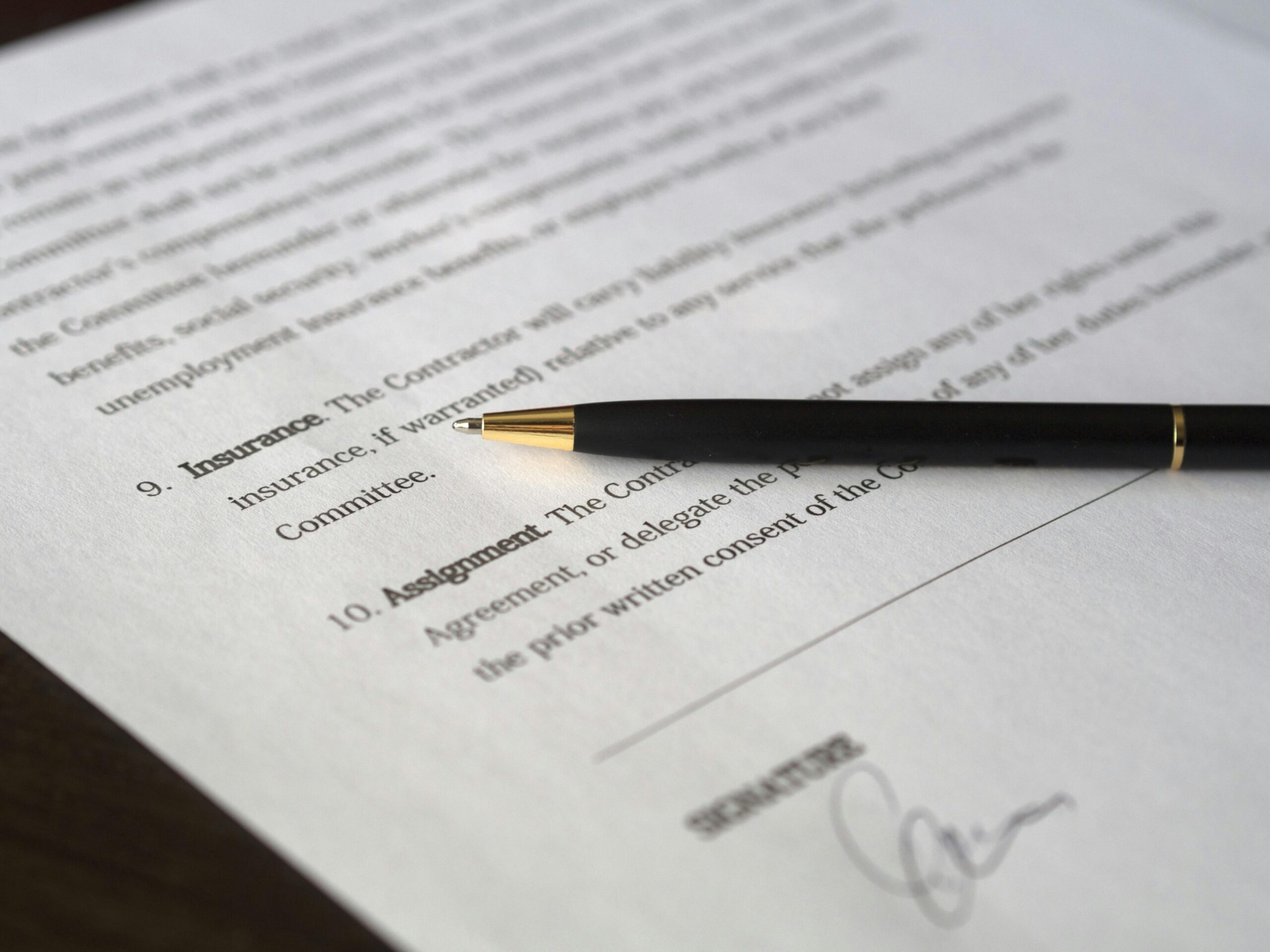
When facing the prospect of separation or divorce, many questions arise regarding the division of assets, including whether you are entitled to a portion of your husband’s pension.
In Nevada, the laws governing the division of marital property, including pension benefits, can be complex and may require professional legal guidance to navigate effectively. This leaves couples wondering, “Am I entitled to my husband’s pension if we separate?”
Understanding Marital Property and Separate Property
In Nevada, which follows community property law, most assets acquired during the marriage are considered marital property and are subject to division upon separation or divorce. This includes retirement benefits such as pensions and retirement accounts with a former spouse.
However, assets acquired before the marriage or through inheritance or gifts to one spouse may be considered separate property and are generally not subject to division. The divorce settlement for a husband’s pension and employee benefits security administration can be tricky.
This is because the retirement plans, retirement assets, and pension plans belong to the husband in most cases. However, the wife may also get a part of the pension benefit if the defined benefit pension plan has their nomination.
Marital Property
Marital property encompasses assets and debts acquired during the marriage. This includes:
- Pension Benefits: Any portion of a pension plan accumulated during the marriage.
- Retirement Benefits: Benefits earned during the marriage.
- Bank Accounts: Joint accounts or accounts with marital funds.
- Other Assets: Real estate, vehicles, and other valuable items acquired during the marriage.
However, in the case of a divorce decree, half your pension might go to the ex-spouse in monthly payments or retirement savings.
Separate Property
Separate property includes assets owned by either spouse before the marriage, as well as inheritances or gifts received by one spouse individually during the marriage. It’s crucial to differentiate between marital and separate property when dividing assets in a divorce.
In other, more serious cases, the victim might also sue their spouse for PTSD, contributing more to the husband’s pension amount.

Division of Pension Benefits in a Divorce
When it comes to dividing a pension in a divorce, Nevada courts consider the portion of the pension earned during the marriage as marital property.
This means you may be entitled to a share of your husband’s pension benefits if you separate or divorce. The division of pension benefits typically follows these steps:
Determining the Marital Portion of the Pension
The first step in dividing a pension is to determine the portion of the pension that is considered marital property. This is done by calculating the percentage of the pension earned during the marriage.
Qualified Domestic Relations Order (QDRO)
A Qualified Domestic Relations Order (QDRO) is a legal document required to divide certain types of retirement plans, including pensions. A QDRO provides instructions to the pension plan administrator on how to divide the pension benefits between the spouses.
Pension Plan Administrator
The pension plan administrator is responsible for implementing the division of pension benefits as outlined in the QDRO. It’s essential to ensure that the QDRO is drafted correctly to avoid delays or issues with the distribution of pension benefits.
Factors Influencing Pension Division
Several factors can influence how pension benefits are divided in a divorce, including:
Length of the Marriage
The length of the marriage plays a significant role in determining the division of pension benefits. Longer marriages typically result in a larger portion of the pension being considered marital property.
Contributions to the Marriage
Contributions made by each spouse to the marriage, including non-financial contributions such as homemaking and child-rearing, can impact the division of assets.
Other Assets and Debts
The overall financial situation, including other assets and debts, is considered when dividing pension benefits. Courts aim for an equitable distribution, which may not always mean an equal split.
Options for Dividing Pension Benefits
When dividing pension benefits, divorcing spouses have several options:
Direct Division
In a direct division, the pension plan administrator splits the pension benefits according to the QDRO, and each spouse receives their share directly from the plan.
Lump Sum Payment
A lump sum payment involves one spouse receiving a lump sum of money equivalent to their share of the pension benefits. This option requires careful consideration of the present value and tax implications.
Offsetting Assets
Offsetting assets involves one spouse retaining the entire pension in exchange for giving the other spouse assets of equal value. This option requires a thorough assessment of the value of the pension and other assets.
Survivor Benefits and Retirement Income
Survivor benefits and retirement income are important considerations when dividing pension benefits. Ensuring that survivor benefits are addressed in the QDRO can provide financial security for the non-employee spouse in the event of the retiree’s death.
Monthly Annuity Payments
Monthly annuity payments provide a steady stream of income during retirement. Ensuring that these payments are divided fairly is crucial for both spouses’ financial stability.
Survivor Benefits
Survivor benefits ensure that the non-employee spouse continues to receive income after the retiree’s death. It’s essential to include provisions for survivor benefits in the QDRO to protect the non-employee spouse’s financial future. Thus, making it easier for wives to get their husband’s pension amount smoothly.
Legal Guidance and Professional Assistance
Navigating the complexities of dividing pension benefits during a separation or divorce requires professional assistance. Fortunately, divorce attorneys and financial advisors can provide valuable guidance and help ensure a fair division of assets.
Divorce Attorneys
Divorce attorneys specialize in family law and can provide legal advice and representation during the divorce proceedings. They can help draft QDROs, negotiate settlements, and advocate for your interests.
Financial Advisors
Financial advisors can assist in assessing the value of pension benefits, understanding tax implications, and making informed decisions about retirement income and asset division.
Conclusion
Determining whether you are entitled to your husband’s pension if you separate involves understanding the distinction between marital and separate property, navigating the division process, and considering factors such as the length of the marriage and contributions to the marriage. Professional legal and financial guidance is crucial to ensure a fair and equitable division of pension benefits and other marital assets.

Learn If you’re Entitled to Your Husband’s Pension in a Divorce with BLG
If you are going through a separation or divorce and have questions about your entitlement to your husband’s pension, consulting with experienced divorce attorneys and financial advisors can provide the support and expertise you need to make informed decisions and protect your financial future.
By understanding your rights and options, you can work towards a fair and satisfactory resolution of your marital property division.
If you’re looking for more guidance and help, Bourassa Law Group is here to help you. Share your concerns with us and we will take care of the rest.





